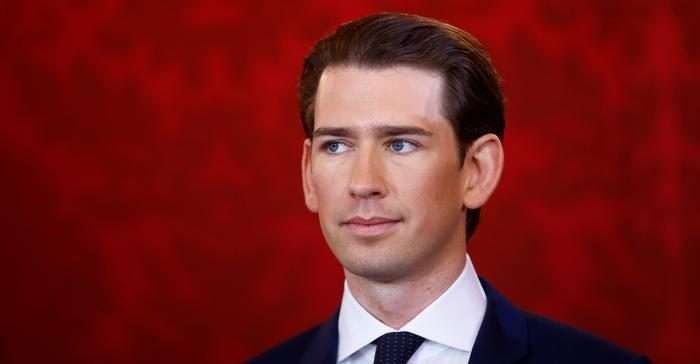Although Vienna witnessed a bloody attack a few days ago, the US magazine "Foreign Policy" considered Austria to be the "ideal" model in confronting terrorists and militants in the European continent, unlike France, which failed to do so.
Although the government of Austrian Chancellor Sebastian Kurz did not succeed in thwarting the Vienna terrorist attack, it has been combating terrorism with firm steps.
[caption id="attachment_171503" align="aligncenter" width="700"] Austrian Chancellor Sebastian Kurz[/caption]
Austrian Chancellor Sebastian Kurz[/caption]
A terrorist attack took place in Vienna in early November, leaving four people killed and 20 others wounded, before the authorities killed the attacker, who turned out to be known to the security services.
As tragic as the Vienna attack was, it was not surprising to counterterrorism experts.
A week before this attack, three French were killed in a terrorist attack on a church in Nice, France.
The two attacks shed light on the phenomenon of terrorism in the European continent, a threat that has not evaporated, according to experts to combat this phenomenon.
However the terrorist threat is less severe than it was between 2014 and 2017, when extremists carried out bloody attacks, some of which seemed to happen on a regular basis, and some were instigated by the terrorist organization "ISIS", which collapsed in its strongholds in Syria and Iraq.
Austria's priority to combat militancy
The Foreign Policy’s report says that Kurz and his party have made confronting "Islamism", both violent and non-violent, a priority of their policy.
The report added that Kurz is far ahead of French President Emmanuel Macron, who talks these days about the need to confront fundamentalism, as the Austrian chancellor has been talking about the matter for many years.
Kurz has a vision of "Islamism", as he considers it a threat to democratic life and social cohesion in Austria, as well as raised attention about foreign funding of local Islamic institutions in his country and its effects.
Vienna closed several extremist mosques and expel radical imams, and established a permanent observatory of political Islam.
French delay
On the other hand, France began to take these measures recently, after a Chechen extremist beheaded a professor of history and geography in Paris, in what appeared to be too late compared to Austria.
Foreign Policy considered that "the Austrian policy in confronting extremism and terrorism has achieved relatively success."
Threats in Austria
Some might think that Austria, with its calm image in everyone's mind, is far from terrorist threats, but this is not true at all.
Austria faced a serious terrorist threat in recent years. About 300 of its citizens left the country to join the terrorist organization "ISIS" in Syria and Iraq, at one of the highest rates in Europe.












